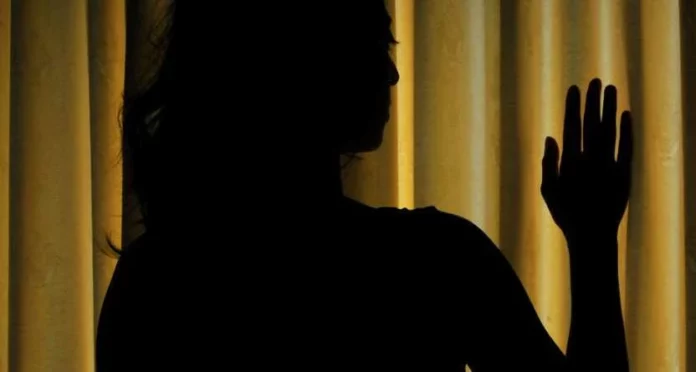By Mabila Mathebula
Johannesburg – Universities are traditionally synonymous with the production of knowledge for the collective good of society, but when campuses become raping grounds or a haven for vandals, they cease to be repositories of knowledge and automatically become purgatorial institutions that are emotionally stunted.
It is notable that when sin began, retribution set in; but when society is devoid of retribution for a cardinal sin such as rape, the victim is inevitably diminished beyond redemption.
The Bible records that when Dinah (Jacob’s daughter) was raped by a Canaanite named Hamor, her brothers avenged their sister’s defilement by killing every male in that community.
Tragedies and disaster of this nature teach valuable lessons, though they may not always have good students.
One does not need a magnifying glass to decipher what led to the Rhodes University student to commit suicide after she was sexually assaulted by her fellow student.
The poor soul was pushed to the limit when her patience was exhausted due to accumulated depression and the lack of justice on the part of university authorities.
This is a warning puff of smoke to university authorities that the fire of rape victimisation has been lit, which will prove impossible to extinguish.
By taking her own life; it was the last straw to break the camel’s back; she had to do it out of heartfelt lack of alternatives.
Rape at our universities has become an acute social problem that warrants the undivided attention of the entire university community and the anti- rape message should be spread like an untamed wild fire.
If this situation goes unbridled; more rape victims will commit suicide, thanks to the accumulated depression and the feeling of being unwanted. Australia attributes campus sexual assault to two cardinal factors: a toxic drinking culture, as well as inequality between men and women in society.
Briefly put, a toxic drinking culture at the university coupled with patriarchy is a combination of tragedy.
It is apparent that universities are embarrassed to share data on rape; rather they are willing to share data on employment equity.
The reluctance of universities to share data on rape could be likened to a hidden wound.
A hidden wound cannot be cured. Dr Rebecca Campbell and Dr David Lisa have developed Trauma Informed Investigation or the Forensic Experiential Trauma Interview (FETI) to assist victims of sexual assault.
Trauma informed investigation allows an investigator to understand the following, among others: Victims may have trouble relating an incident chronologically.
It is time that local universities used FETI to assist victims of sexual violence with a view to improving lives of female students.
*Mathebula works for the Railway Safety Regulator as manager: education and awareness. He writes in his personal capacity.
Follow @SundayWorldZA on Twitter and @sundayworldza on Instagram, or like our Facebook Page, Sunday World, by clicking here for the latest breaking news in South Africa. To Subscribe to Sunday World, click here.
Sunday World



